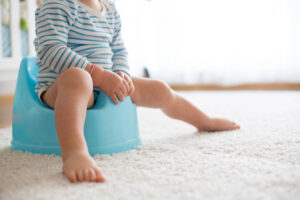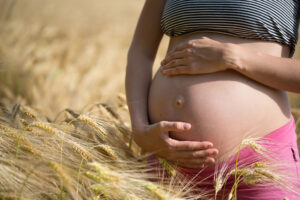7 Unbelievable Facts About Motherhood Through History
Motherhood is a timeless art, but like everything else, it evolves with society. Looking back, some parenting practices from the past are downright baffling! From opium to baby cages, here are 7 of the wildest facts about motherhood through history.
Opium as a Soother
For centuries, opium was considered safe for infants, used to treat everything from diarrhea to teething. Parents administered it in teas, soups, and even medications like Mrs. Winslow’s Soothing Syrup. Nicknamed the “Poor Child’s Nurse,” opium was often used to quiet hungry babies. It wasn’t until 1912, with the signing of the International Opium Convention at The Hague, that governments began to restrict its use in children.
Leeches for Teething
Leeches were once a common medical treatment, but did you know they were used to relieve teething pain in babies? Parents were instructed to place leeches on their infants’ gums—a practice that seems unimaginable today. Times have certainly changed!
The earliest known pregnancy test dates back to ancient Egypt, around 1350 B.C. Women would urinate on barley or wheat grains, and if the grains sprouted quickly, it indicated pregnancy. Remarkably, a recent study by Harvard University found this method to be up to 80% accurate!
Mailing Babies
In the early days of the U.S. Postal Service, there were few restrictions on what could be mailed—leading some parents to send their children through the mail! Between 1913 and 1915, at least seven instances were recorded. It was cheaper than buying a train ticket! Thankfully, the postmaster general soon put an end to this practice, with the last known mailing of a child occurring in 1915.
Bathing in Lard
Bathing is essential, but in the 1800s and early 1900s, parents were advised to bathe their newborns in lard. The belief was that lard would help clean the waxy vernix off new babies. It seems counterintuitive now, but it was once a common practice!
Potty Training Pressure
Today, parents are pleased if their child is potty trained by age 3. But imagine being told your baby should be potty trained before turning one! In 1932, the U.S. government published a book called *Infant Care* that recommended babies be potty trained by 8 months old!

The Baby Cage
In the early 20th century, fresh air was seen as vital for children’s health. However, for families living in crowded cities without access to outdoor space, this led to the invention of baby cages. These metal cages were affixed to windows, allowing babies to experience fresh air—suspended high above the bustling streets below!
Motherhood and parenting have come a long way and continue to evolve. Who knows which of our current practices future generations will view as outdated or even laughable?!

